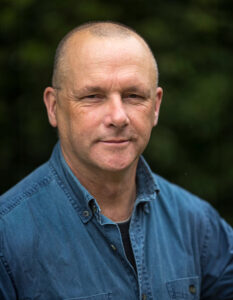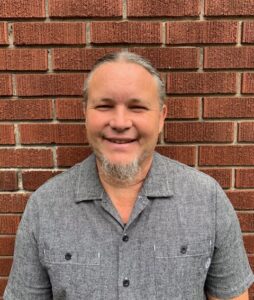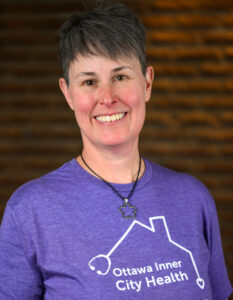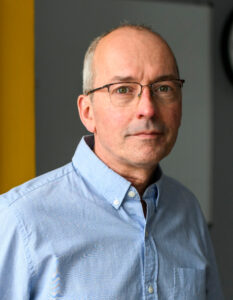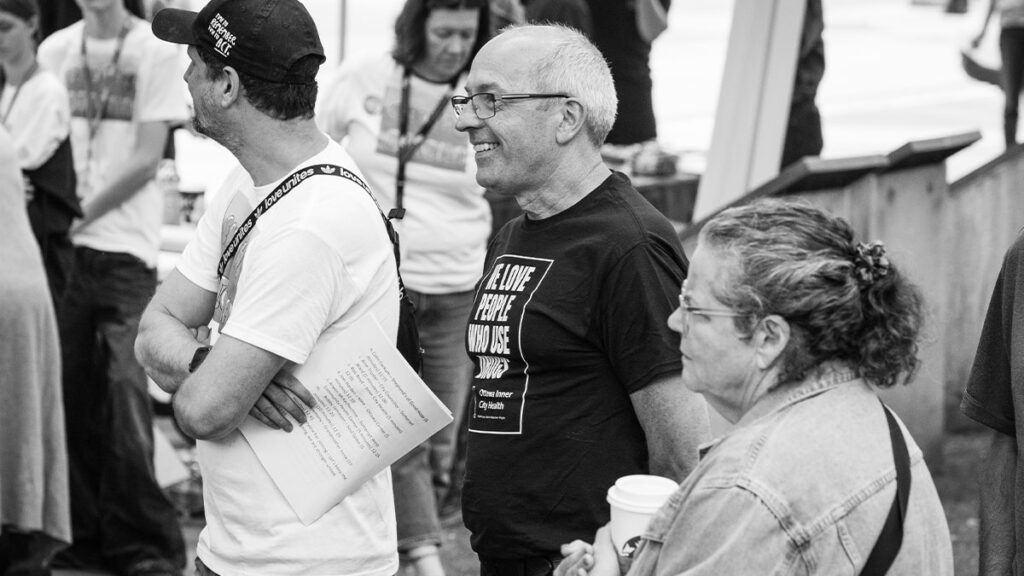
We knew that the arrival of the toxic drug supply in Ontario would lead to an exponential rise in the number of drug toxicity deaths due to the failure of governments to dedicate the resources to match the scope and scale of the crisis.
What we hadn’t anticipated was how the toxic drug supply was going to impact the community of people who drugs.
Different opioids have different levels of toxicity, but also of duration. Hydromorphone’s duration is 1-2 hours while fentanyl’s is 30-60 minutes, meaning that you need to dose as much as 4 times more frequently.
Use fentanyl and experience relief from suffering–begin experiencing withdrawal (dopesickness)– acquire money to buy drugs–source their next dose–find a safer place to use, then repeat the process.
This leaves little time for anything else, even when the person is motivated to make changes in their life. They are dope sick all time, which many report as “feeling like they are dying”.
With higher potency opioids—people started smoking stimulants (crack cocaine, crystal methamphetamine) in association with injecting their fentanyl.
More recently, people who had previously injected fentanyl, began to smoke fentanyl, possibly due to poor venous access from years of high frequency injecting and possibly due to the mistaken belief that smoking fentanyl was less risky than injecting fentanyl from an overdose perspective.
Since 2020, approximately half of opioid toxicity deaths had evidence of inhalation. No sites in Ontario have been approved to bring the smokers inside, away from the public spaces and we now respond to more drug toxicity events in the immediate vicinity of our site than we do inside. Neighbours are right to complain, but it is critical to understand that we have been asking to allow people to smoke in our sites and it has been denied.
Under the prescription opioid crisis street level illicit drug trade was primarily conducted within the community of people who use drugs in Ottawa. Diverted oxycontin was sold by one person who uses drugs to another as a means of making money to maintain their own use. Community norms were well established, and violence was limited.
When the toxic drug crisis overtook the unregulated, non-prescribed drug supply, drug trafficking shifted to organized crime which led to more violence and an escalation in the intensity of violence. Drug debts became more common and that invariably leads to more violence.
For organized crime, unregulated drugs created an ideal business model. They are easy to acquire, with low risk of detection from border services or police, and profit margins are extremely high and public policy that limited access to prescribed alternatives, creates a steady market, even when thousands die each year in Ontario.

